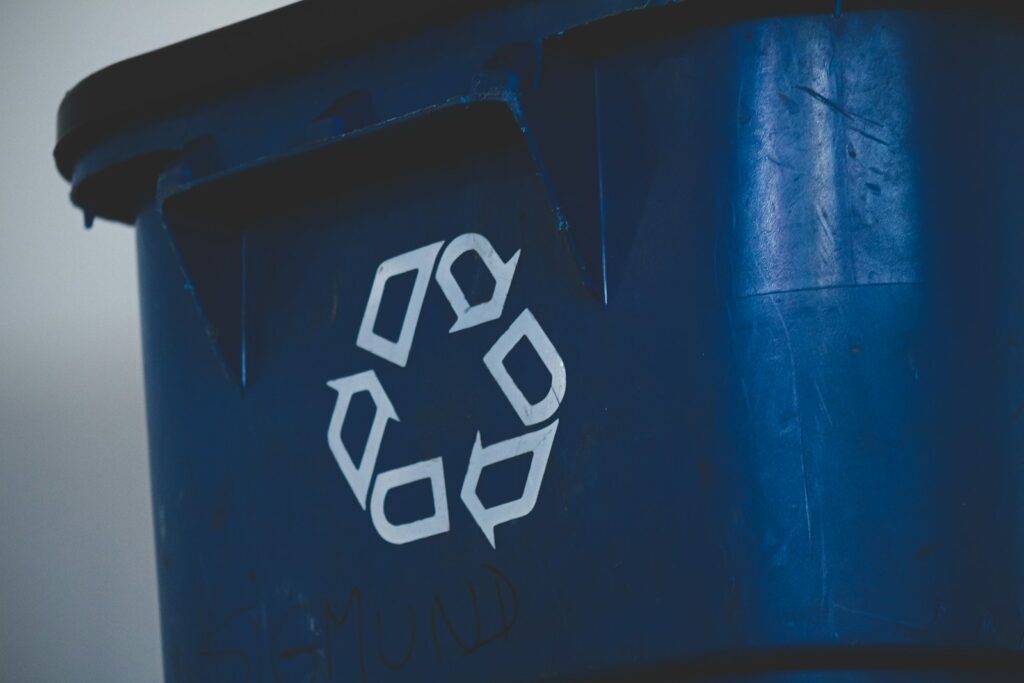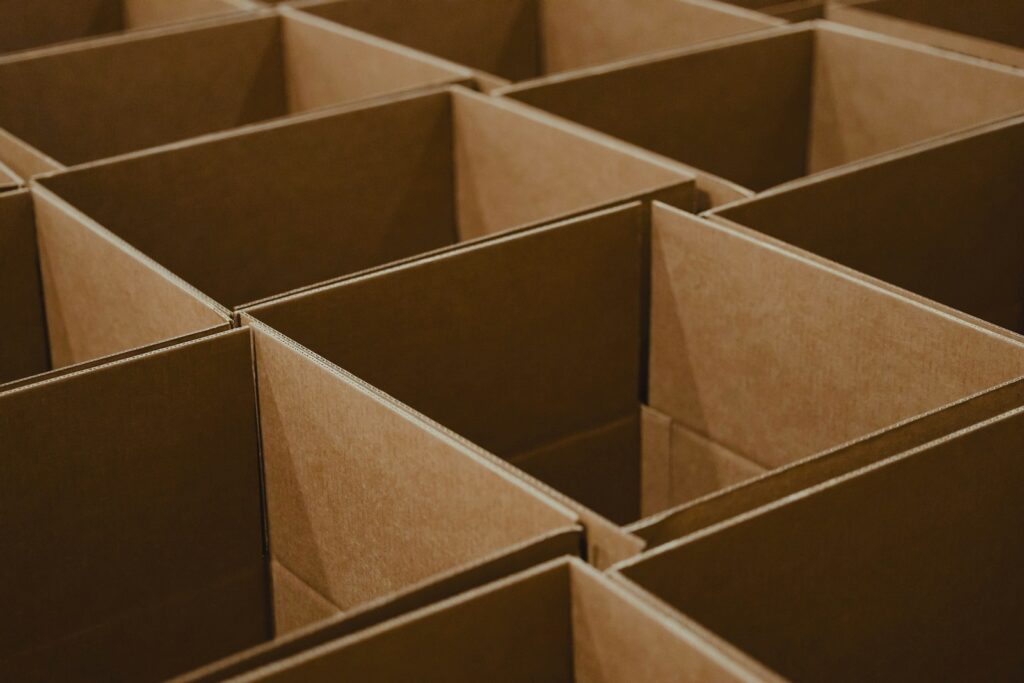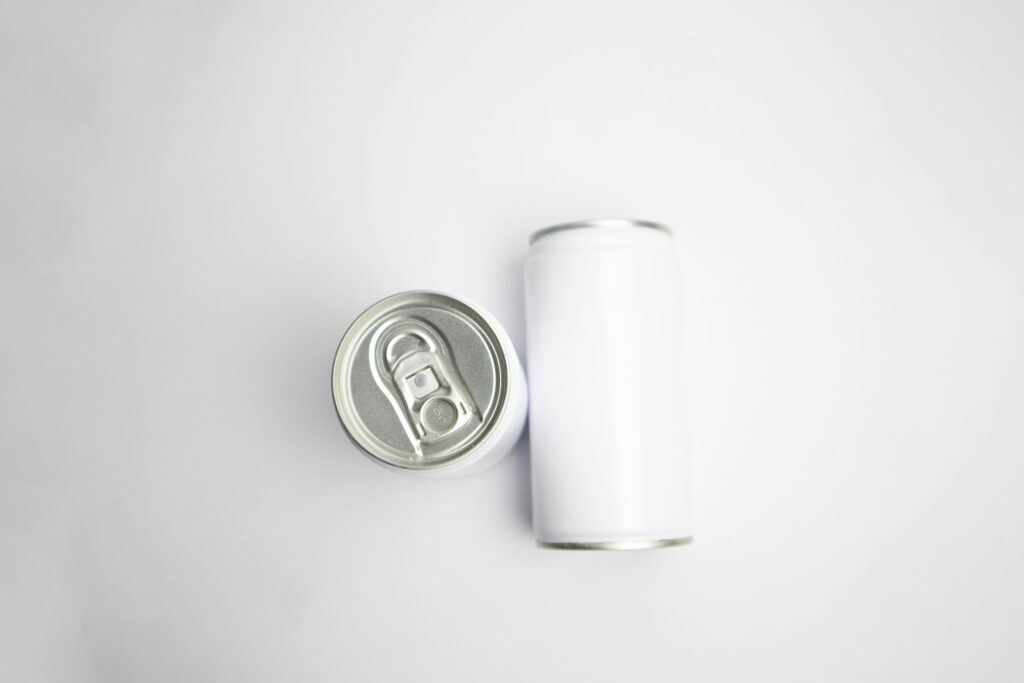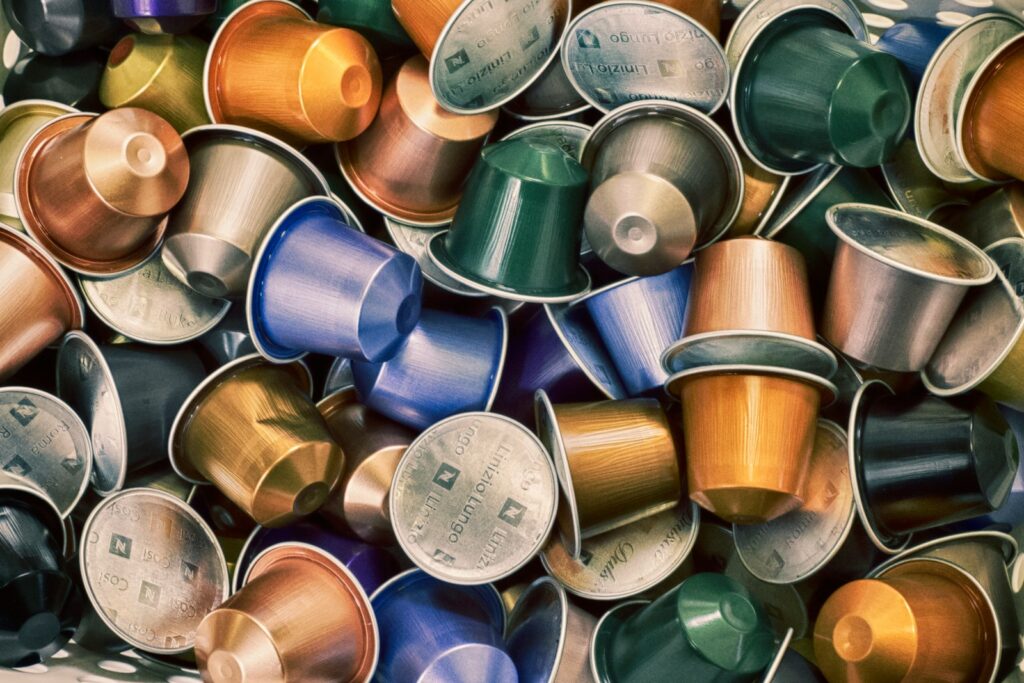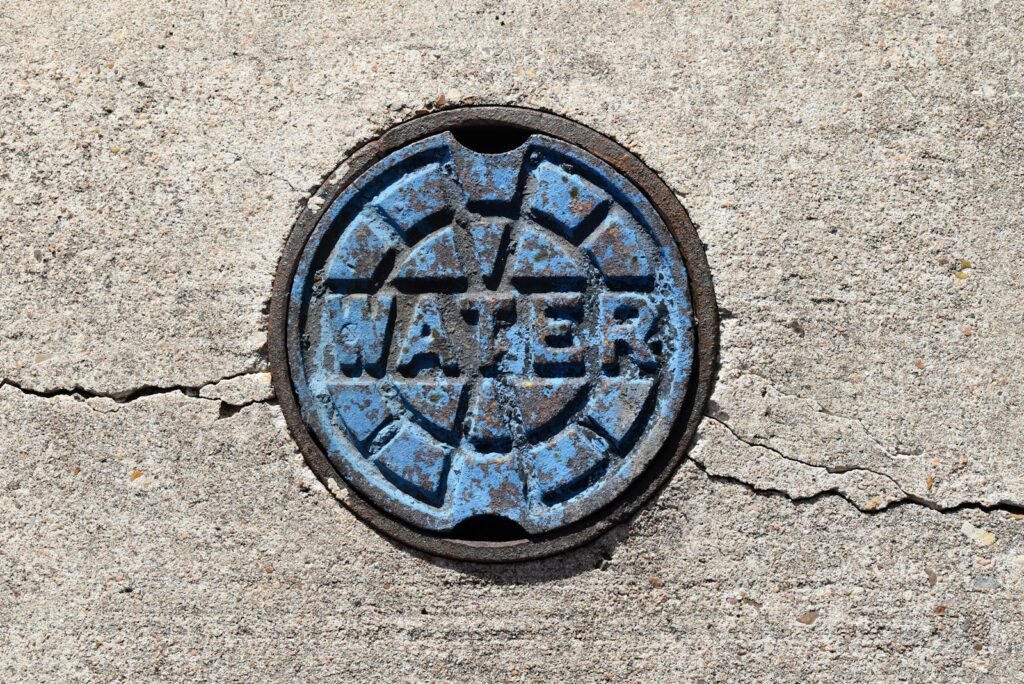As the debate over single-use plastic and packaging continues, Environment Journal spoke to Helena Hills, who runs the sustainable coffee business TrueStart with her husband, Simon.
TrueStart claims to be the only coffee range in the UK that uses 100% biodegradable packaging for its range of coffees that are also sugar-free, vegan and hyper-sustainable.
And all its glass bottles are made from recycled glass that can be reused or recycled after use.
A lot of people are starting sustainable businesses these days. Why did you choose coffee?
We started True Start a couple of years ago. Simon and I were training for a triathlon, we had busy office jobs and we were drinking an awful lot of coffee. I’m quite sensitive to caffeine and I noticed I could be drinking a coffee one day, and I would be having heart palpations and the next day it did nothing. I found out the caffeine level in coffee varies tremendously. One cup could have 20 milligrams and another could have 500 milligrams. My husband and I thought surely, we’re not the only people in the world who want reliably caffeinated coffee that is sourced really well. So, we launched the first coffee in the world that has a regulated level of caffeine.
Then last year, we decided to stop drinking alcohol as a lifestyle choice and very quickly, we spotted a gap for a cool adult soft drink in bars and nightclubs. We launched a Nitro coldbrew coffee and that was a catalyst for us to refresh our brand.
You say you are the only coffee range in the UK to use 100% biodegradable packaging…
I enjoy using a product less if it comes in a single-use plastic that I have to put in the bin. I feel bad about it. People are more and more aware after Blue Planet 2. If you are putting plastic in a bin, you feel dirty. We call it hyper-sustainability, we want to be really honest with the consumer. We’re going to make the right decision every time, even when it costs more. For example, we used to sell single-use sachets of our coffee. We decided to pull the product because there are no recyclable sachets out there. We choose to go down the biodegradable packaging route, with a fantastic material. You could literally chuck it in the sea and within six months it will be gone. All it leaves behind is some water, some CO2 and a little bit of biomass, which is beneficial to plant growth. It might be more expensive, but it’s the right thing to do and I want to be able to sleep at night.
Do you think there is a big appetite out there for quality, sustainable products?
There’s a lot of data and research around this issue. A Mintel statistic recently said 84% of consumers are now prepared to pay a premium for genuinely eco-friendly packaging, but there is always a balance. As a start-up, we don’t have economies of scale. Our Home Brew range is competing with the likes of Nestle. The consumer has to make a decision and sometimes one product can be twice the price of another.
The key for mass market adoption of sustainable packaging is that big brands, like Nestle and Douwe Egberts, need to start utilising the packaging themselves. Then the cost of the packaging will come down and the packaging manufacturers will reach economies of scale. It’s very unlikely that companies like Nestle will decide to do the right thing and rollout eco-friendly packaging. There are two reasons why they will do it. One is if the law changes and they have to. The other is if demand gets so high that they start to lose market share, because consumers are choosing eco-friendly goods over there.
Does there need to be more transparency about what packaging materials can be recycled and are biodegradable?
There is a lot of ‘greenwashing’ out there. There are lots of different types of biodegradable packaging. We want to help educate the consumer. Some biodegradable plastics out there literally degrade into microplastics, which is a huge problem. But the manufacturers can market it as biodegradable packaging, so the consumer thinks they are doing the right thing, even though they are not. You can also get biodegradable plastics which leave a plastic mulch, which is just as bad as microplastics.
And if you take recyclable packaging, like pouches, they are only recyclable if you separate the five layers that comprise the pouch. Nobody does that and most councils do not have the facility to do that, so they end up in landfill. Consumers think it’s recyclable, but it’s not. We’ve invested a lot in understanding packaging. Even we did not realise it’s such a big problem. It’s such a minefield for a small company.
Have you got any tips anyone thinking about launching an eco-friendly business?
The most important thing is to consider all of the steps that your product will go through. It’s not as short as simple as it sounds. For example, our cold brew is in recycled glass bottles. When we were looking at the packaging for that, a lot of glass bottles use a plastic wrap. It looks fantastic, but it’s literally plastic around a glass bottle, so you’re not helping the situation whatsoever. We decided to use paper labels. You think you’ve nailed it, but then couriers want you to use plastic. Some of them want you to wrap the bottles in plastic bags, which negates the point. You have to have a full supply chain that is prepared to work with you. When we ship palettes, we have to use plastic wrap, because there’s no other alternative. But we send our used hessian coffee sacks and used bicycle inner tubes off to a community in women in Malawi. They make our coffee sacks and bike tubes into incredible bags, which we buy back for a fair price and sell on our website. It’s through a partnership with a charity called for Cycle of Good.
You can get creative with sustainability. It’s not as simple as biodegradable packaging or switching plastic bottles for glass. The challenge is to get it across to customers, which is why we have coined the phrase ‘hyper-sustainability’. It means we are doing everything we can and we’re going to be transparent with you.











